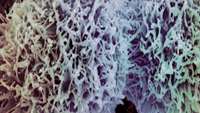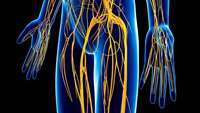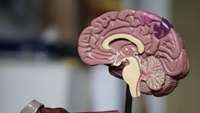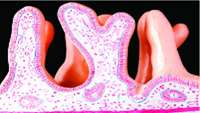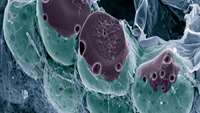Researchers develop method to regrow cartilage in arthritic mice
Researchers at Stanford University School of Medicine (CA, USA) have discovered a way to regenerate cartilage in mouse and human tissue. The study was recently published in Nature Medicine, and builds on previous research at Stanford that resulted in the isolation of the skeletal stem cell responsible for the production of bone and cartilage.
Researchers use patients' cells to test gene therapy for rare eye disease
Scientists at the National Eye Institute (NEI) have developed a promising gene therapy strategy for a rare disease that causes severe vision loss in childhood.
First non-human primate study showing promise of gene therapy for stroke repair
Stroke is a leading cause of death and severe long-term disability with limited treatments available.
Researchers grow intestinal cells from human-induced pluripotent stem cells
A team of scientists from Japan have found success in growing small intestinal cells, akin to those found in the human body, from human-induced pluripotent stem cells.
Researchers explore link between 'Alzheimer's gene' and COVID-19
A City of Hope-led research team found that the same gene that increases the risk for Alzheimer's disease, ApoE4, can increase the susceptibility to and severity of COVID-19.





